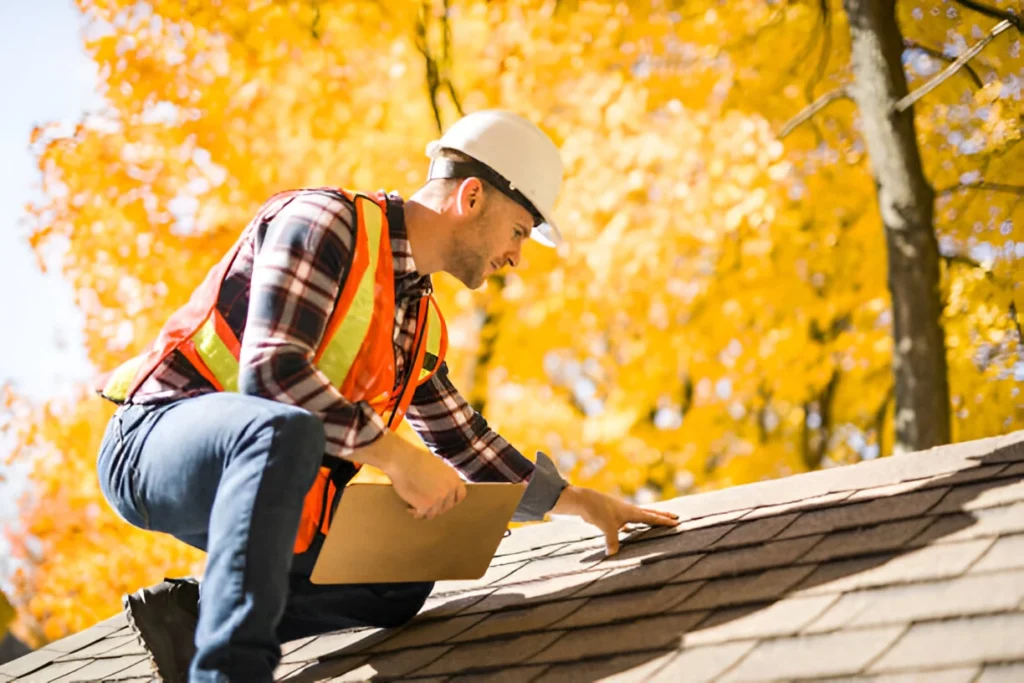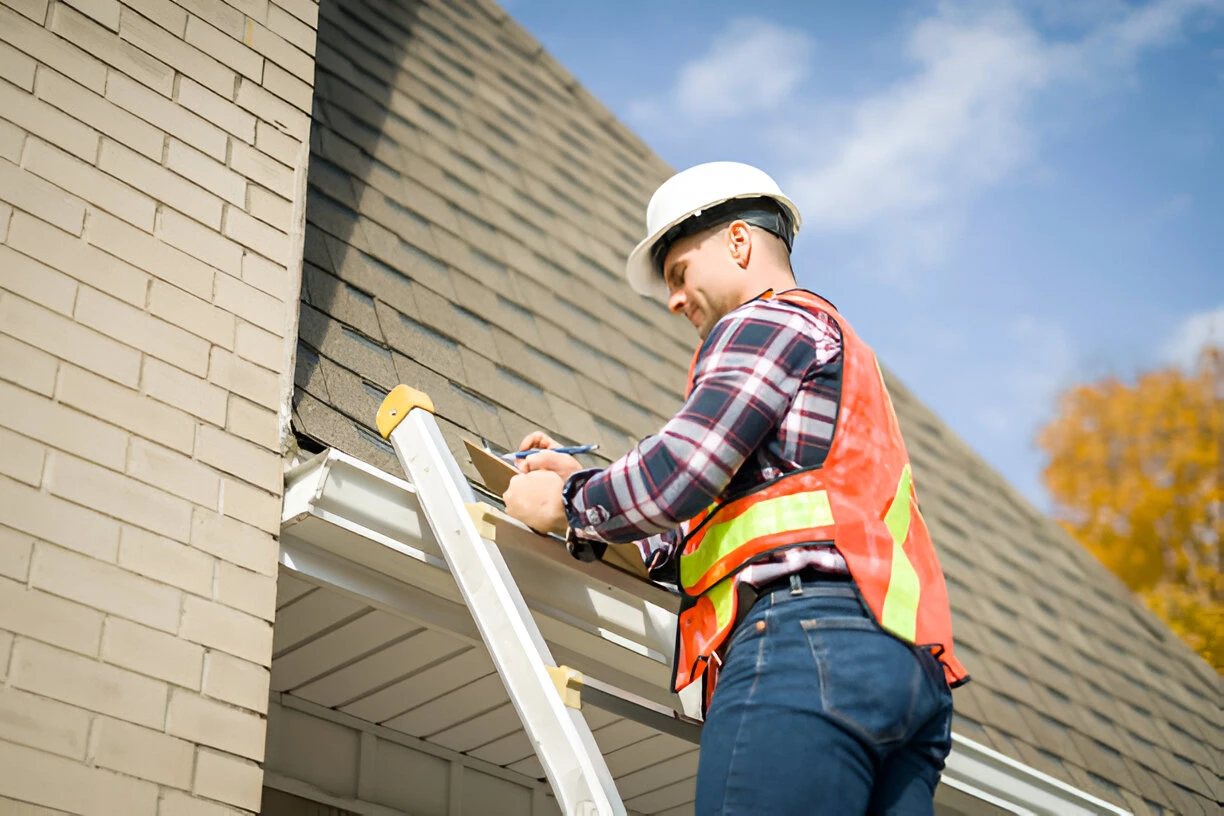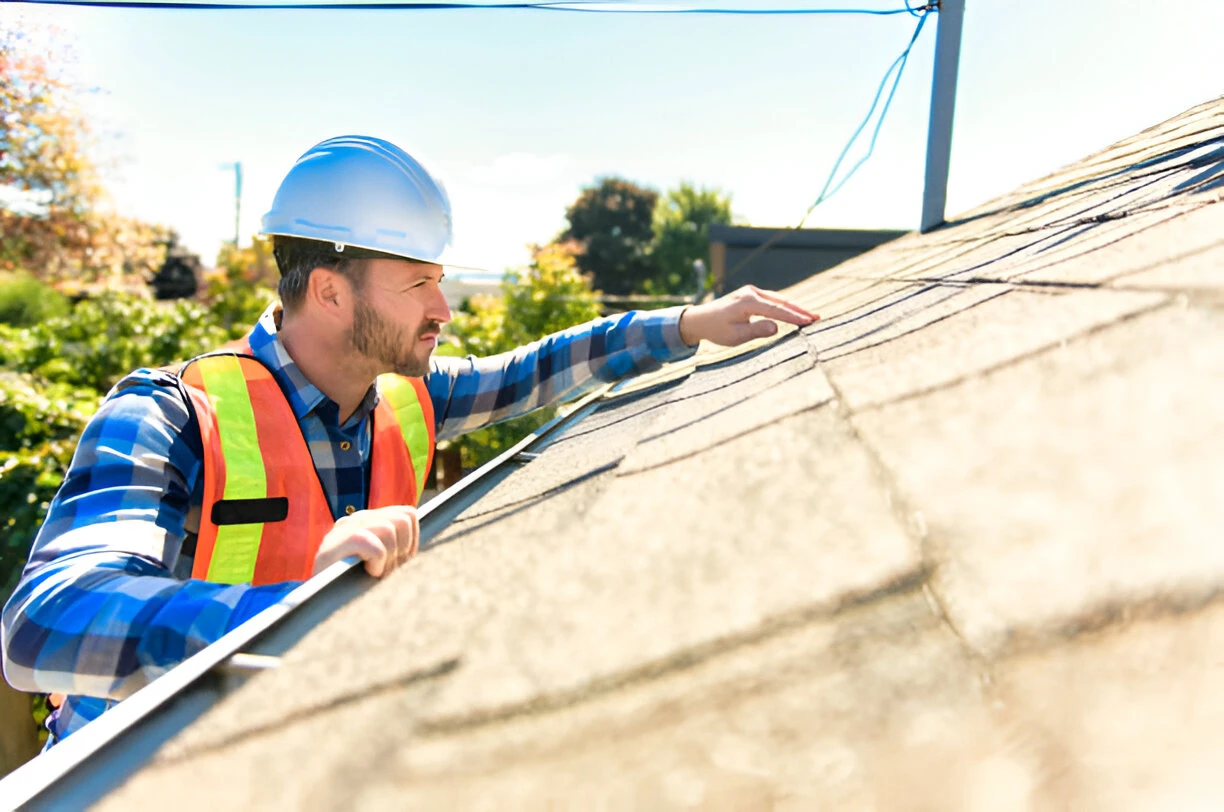Here at BehindDecor, we believe a home’s true beauty is more than paint deep, it’s structure deep. And nothing protects that structure quite like your roof. It’s the silent guardian, weathering everything from blistering sun to torrential downpours. But what happens when that guardian starts to fail? Do you call the first roofer with a catchy jingle? Do you rely on a standard home inspection? If you’re facing a perplexing leak, a storm-damaged roof, or a dispute with your insurance company, there’s a more powerful, definitive solution: a professional roof engineer inspection.
Most homeowners aren’t aware of the critical differences between the professionals they can call. This guide will pull back the curtain (or, in our case, the shingles) to reveal why a forensic roof engineer inspection is the gold standard for diagnosing problems and securing your home’s future.
The Cast of Characters: Roofer, Inspector, or Engineer?
When your roof has an issue, you have three primary options. Understanding their different roles is the first step to making an informed decision.
1. The Roofing Company (The Contractor)
- Their Role: The builder. Their primary business is to sell, repair, and replace roofs. They are essential for executing quality work.
- The Limitation: They have an inherent conflict of interest. A roofing company’s inspection is ultimately a sales tool to generate a project. While many are ethical, their assessment is geared toward a solution they can provide and profit from. They are not typically trained to determine the root cause of a failure from an engineering standpoint.
2. The Home Inspector (The Generalist)
- Their Role: The general practitioner. During a home sale, they provide a broad overview of the home’s condition, including the roof. They identify visible, surface-level issues like curled shingles or clear signs of wear.
- The Limitation: Their inspection is non-invasive. They won’t peel back layers, take core samples, or perform structural analysis. As noted by resources like the International Association of Certified Home Inspectors, their focus is on describing the visible condition of the framing and coverings, not providing forensic cause analysis. They are not expert witnesses.
3. The Roof Engineer or Forensic Consultant (The Diagnostician)
- Their Role: The independent medical specialist for your roof. A roof engineer is a licensed professional (Professional Engineer, P.E.) who conducts a forensic roof inspection. Their goal isn’t to sell you a new roof but to find the undeniable truth about what’s wrong, why it failed, and how to fix it correctly.
- Their Advantage: Independence. They work for you, not for the sale. They use advanced diagnostics, often including destructive testing (removing small sections to inspect underlying layers), moisture mapping, and structural load calculations. Firms like ATS Lab and Beryl Project Engineering specialize in this exact science.
Why Would You Ever Need a Roof Engineer Inspection?
You wouldn’t see a heart surgeon for a common cold. Similarly, not every missing shingle requires a forensic engineer. So, when is this level of expertise necessary?
- After a Major Storm, Hail and high winds cause damage that can be subtle or misinterpreted. Insurance companies may deny a claim, stating the damage is “normal wear and tear.” A roof engineer inspection provides irrefutable, scientific evidence linking the damage directly to the storm event, which is crucial for appealing a denied claim.
- Persistent and Mysterious Leaks: You’ve had three roofers out, and the leak keeps coming back. This is a classic sign of a misdiagnosed problem. An engineer will find the true entry point and the path of water travel, which is often far from where it appears inside your home.
- Settlement or Structural Concerns: Are your roof lines sagging? Do you see cracks in your interior walls? This points to potential structural framing issues far beyond shingles. A roof engineer can assess the load-bearing capacity of the rafters and trusses.
- Pre-Purchase on a High-Value or Unique Home: For a luxury home, historic property, or a home with a complex roof design, a standard inspection isn’t enough. You need an expert opinion on the entire system’s integrity.
- Mediation and Litigation: If you are in a dispute with a contractor over faulty workmanship or with your insurance company, the engineer’s report serves as objective, expert testimony. As seen on forums like JustAnswer, this evidence can be pivotal in legal proceedings.
The Anatomy of a Forensic Roof Engineer Inspection: What to Expect
So, what actually happens during this superior level of inspection? It’s a meticulous process.
- Document Review: The engineer will review your insurance claim, previous reports, architectural drawings, and your history of the problem.
- Visual Assessment: Like a detective at a crime scene, they start with a broad visual overview, documenting the entire roof system, coverings, flashings, drains, vents, and surrounding structures.
- Non-Destructive Testing: This may include using infrared cameras to find hidden moisture trapped in the insulation decking that isn’t visible to the naked eye.
- Destructive Testing: This is the key differentiator. The engineer will select inconspicuous areas to take core samples (“cut plugs”). This involves removing a small section down to the decking to inspect the underlying layers for moisture, proper installation, and material condition.
This is the only way to truly know what’s happening beneath the surface. Firms like these provide detailed examples of these core samples and their findings. - Structural Analysis: They will examine the attic space, measuring the size, spacing, and condition of the framing members to ensure they are built to code and can support the required loads.
- The Report: This is the deliverable. It’s not a one-page estimate. It’s a comprehensive, detailed report that includes:
- Cause of Failure: The definitive root cause (e.g., “improperly installed ice and water shield at the eaves leading to ice damming leakage”).
- Repair Protocol: A step-by-step, technical specification for the repairs. This ensures any contractor you hire must follow the engineer’s prescribed methods, eliminating guesswork.
- Photographic Evidence: Annotated photos and diagrams supporting every finding.
- Expert Opinion: An objective analysis for use in insurance claims or court.
The BehindDecor Roof Inspection FAQ
How much does a roof mastermind examination cost?
A professional roof mastermind examination is an investment, generally ranging from$ 1,000 to$ 3,000. The cost depends on your roof's complexity, size, and the examination's specific compass and position.
Will my homeowner's insurance cover this cost?
some programs may cover it, If your claim was denied and you need a cause- of- origin report for an appeal. Always check with your adjuster first regarding your policy's specific vittles.
What’s the crucial difference between a mastermind and a roofer?
A roofer aims to provide a form of relief. A roof mastermind provides an unprejudiced, forensic opinion to find the failure's root cause without a fiscal interest in the form outgrowth.
When should I surely hire a roof mastermind?
You should hire one for patient leaks, after major storm damage with a disputed insurance claim, for suspected structural issues, or during the pre-purchase of a unique or high-value custom home.
Can a mastermind’s report help with a denied insurance claim?
Absolutely. A mastermind's report provides unprejudiced, specialized substantiation linking damage to a specific event like a storm. This expert attestation is important for appealing a denied claim successfully.
Is the examination process invasive or dangerous?
It can be. A core part of a forensic examination involves
Can I be present during the roof mastermind examination?
Yes, the utmost masterminds encourage you to be present. This allows them to point out issues in real-time, explain their findings on point, and answer any immediate questions you may have.
What qualifications should I look for?
Always ensure they're a certified Professional Mastermind ( P.E.) in your state with specific, proven experience in forensic roofing and structure envelope consulting. Avoid those who also perform repairs.
Conclusion: Invest in Certainty, Not Guesswork
Your roof is a complex system, not just a collection of shingles. When it fails, the cheapest or fastest opinion is rarely the right one. A standard inspection might tell you what is happening, but only a comprehensive roof engineer inspection can tell you why it’s happening and exactly how to fix it for good.
Investing in this expertise protects your single largest asset, your home. It provides the clarity and confidence to navigate repairs, insurance claims, and disputes. It’s the difference between applying a band-aid and performing precise surgery.
Here at BehindDecor, we’re all about making informed decisions that protect the beauty and integrity of your home from the ground up, and from the roof down. Don’t just repair your roof; understand it, diagnose it, and restore it with the power of engineering.




